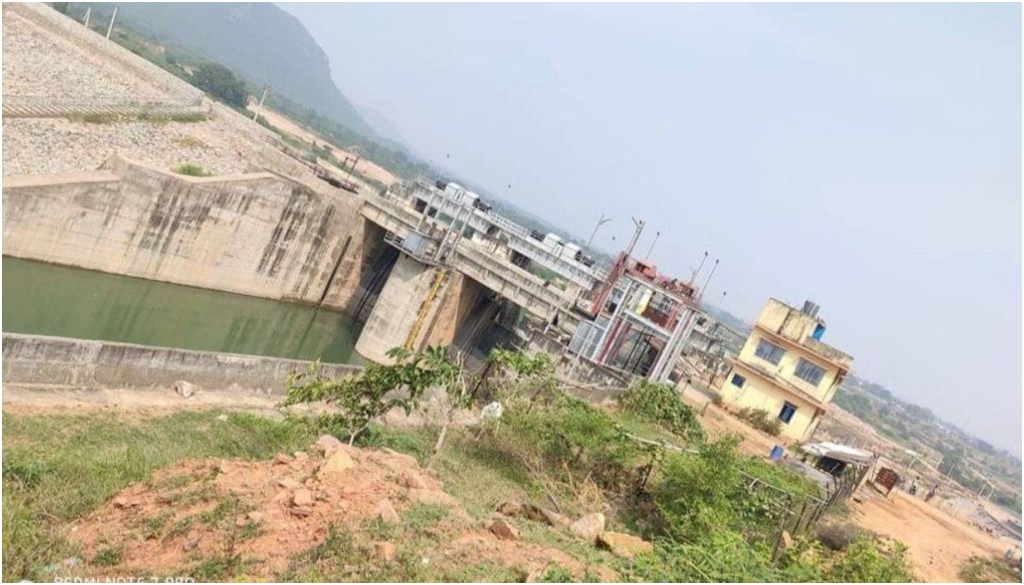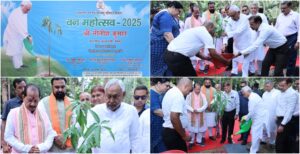
Patna: A major effort to revitalise agriculture in Bihar’s drought-prone Kaimur district is nearing a milestone, with the Jaitpura Pump Canal Scheme on the Karmanasha River now 93% complete. The Rs 35 crore initiative, according to state estimates, aims to provide permanent irrigation to 1,555 hectares of farmland in the Nuaon block—offering a critical lifeline to thousands of farmers facing chronic water scarcity and declining yields. The Water Resources Department, which is implementing the project, confirmed that major components—including the main canal, pump house, and high-capacity pumps—are already in place. Only the final construction of the boundary wall remains. The scheme will lift water from the Karmanasha River and distribute it through a network of distributaries to agricultural lands in the Nuaon, Akoli, and Panjrav panchayats.
Crucially, the infrastructure was partially activated during the 2023 Kharif season, when water was successfully released into the canal. Local farmers reported immediate gains, including higher yields and improved soil moisture—a rare success in a region frequently hampered by erratic monsoons and inadequate irrigation.“This scheme is a game-changer for us,” said Ram Vilas Singh, a farmer in Akoli. “We no longer have to wait helplessly for the rains. Even one season of canal water last year helped us grow better paddy and vegetables.” The project forms part of a broader state strategy to expand irrigation in rural Bihar and mitigate the effects of climate change. Officials say that once fully operational, the Jaitpura scheme will not only stabilise crop production but also enhance farm incomes and reduce migration from the region.
Agricultural experts believe the impact could be transformative. “Reliable irrigation is the backbone of rural prosperity,” said Dr Asha Prasad, an agroeconomist based in Patna. “A scheme like this has the potential to double cropping intensity and restore confidence among smallholders.”
With final work expected to conclude in the coming weeks, anticipation is building across the beneficiary villages. In a region where agriculture is both livelihood and identity, the canal carries more than just water—it carries hope.






